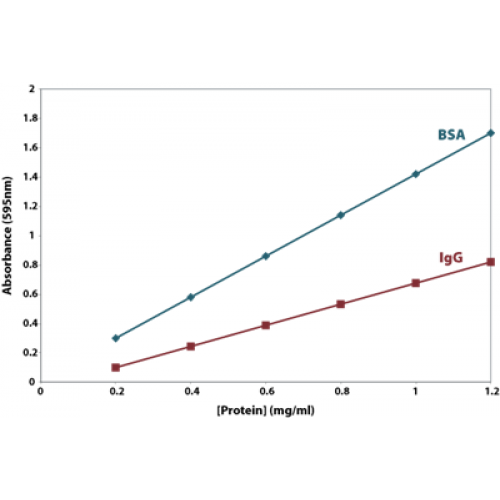Question:
What are some importane applications of Polymerase Chain Reaction (PCR)?
The Protein Man Says:
Polymerase chain reaction (PCR) is often considered as one of the most important scientific advances in the field of molecular biology. With this revolutionary yet inexpensive biochemical technology, it’s possible to generate millions of DNA copies from a single strand of DNA.
As a result of this, PCR is considered to be one of the most indispensable techniques used in medical and biochemical research laboratories.
 Some Common Applications of PCR Amplification
Some Common Applications of PCR Amplification
Polymerase chain reaction, or molecular photocopying as it is lovingly called by some people, can be used in a variety of applications. DNA copies produced through PCR amplification can be used in a large number of medical and forensic applications. It can likewise be used in the identification and detection of infectious diseases and for a wide variety of research purposes in the field of molecular genetics.
Medical Applications
-
Genetic testing. PCR was first used to analyze the presence of genetic disease mutations.
-
Tissue typing prior to organ transplantation.
-
Formulation of individualized cancer therapy treatments.
Forensic Applications
-
Genetic fingerprinting. PCR can be used to incriminate or rule out suspects in a crime investigation.
-
Parental testing. PCR can be used to confirm the biological parents of an adopted child and/or identify the remains of an unidentified body.
Infectious Disease Detection and Identification
-
Detection of the Human Immunodeficiency Virus (HIV), one of the most difficult viruses to detect, and other disease organisms such as those that cause middle ear infection, tuberculosis and Lyme disease.
-
Early detection of several forms of cancer including leukemia and lymphoma.
-
Detection of viral DNA and virulent sub-types, including those that caused earlier epidemics.
Applications in Molecular Biology Research
-
DNA sequencing, DNA cloning and gene expression. PCR can be used to produce huge amounts of pure DNA samples from a limited source.
-
Production of hybridization probes for both northern and southern blot hybridization.
-
Analysis of DNA from ancient sources.






